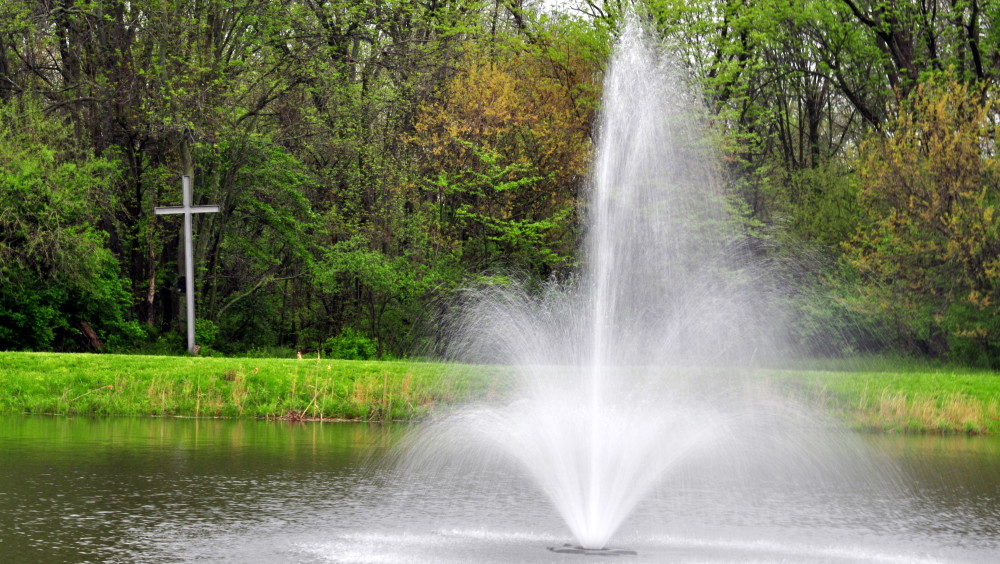Happy Thanksgiving! I am sharing an article from “The Legal Alert” November 2013 issue Written by David C. Gibbs Jr., which is a publication of the Christian Law Association. It goes as follows:
“God’s Provision and the First Thanksgiving”
“God was obviously helping the Pilgrims in many ways, but one of the most surprising forms of assistance was a man – an Indian who spoke perfect English. In the spring of 1621, after barely surviving their first long and severe winter, God sent the weary settlers an Indian named Squanto who could speak their own language. Squanto offered to teach the Pilgrims how to survive in this strange land. God had perfectly prepared this Indiana to be a helper for the settlers.
As a young man, Squanto, a native of the area, had been captured and taken to England. While there as a slave, he had mastered the English language. He had been freed shortly before the Pilgrims’ voyage and had returned to America to find virtually all of his tribe wiped out by the plague. Despite his former treatment at the hands of the Europeans, Squanto was willing to help the Pilgrims learn to survive in the New World, teaching them where and how to fish and stalk game and which berries were safe to eat. While these skills were important, probably the most important thing Squanto taught the Pilgrims was ‘how to plant the Indians’ winter staple, corn, which Europeans had known nothing about.’
The Pilgrims knew the value of Squanto’s assistance and were careful to give God the glory for sending him to help them. William Bradford writes: ‘Squanto continued with them and was their interpreter and was a special instrument sent of God for their good beyond their expectation.’ The Pilgrims, in turn, shared with Squanto the most valueable treasure they had brought with them from England – the Gospel. Cotton Mather reports that Squanto died within a year or two after to the aid of the Pilgrims, ‘but before his death, desired them to pray for him. That he might go to the Englishman’s God in Heaven.’
Mather tells us that other Indians who assisted the Pilgrims were also impressed with their God. During the summer of 1621, when it appeared the year’s corn harvest would not survive a severe drought, the Pilgrims called for a day of fasting and prayer. By the end of the day, it was raining. The rain saved the corn, which miraculously sprang back to life. One of the Indians who observed this miracle remarked:
Now I see that the Englishman’s God is a good God; for he hath heard you, and sent you rain, and that without such tempest and thunder as we used to have with our rain; which after our Powawing for it, breaks down the corn; whereas your corn stands whole and good still; surely, your God is a good God.
That miraculous corn harvest provided the basis for the Pilgrims’ first Thanksgiving, a tradition Americans continue to celebrate. Today, however, our public schools sometimes teach that Thanksgiving signifies the thanks the Pilgrims offered to their Indian neighbors who had helped them; but history demonstrates that, on that first Thanksgiving Day, the thanks of both Pilgrims and Indians went to God for His great goodness toward them.”
So, how are you doing?
